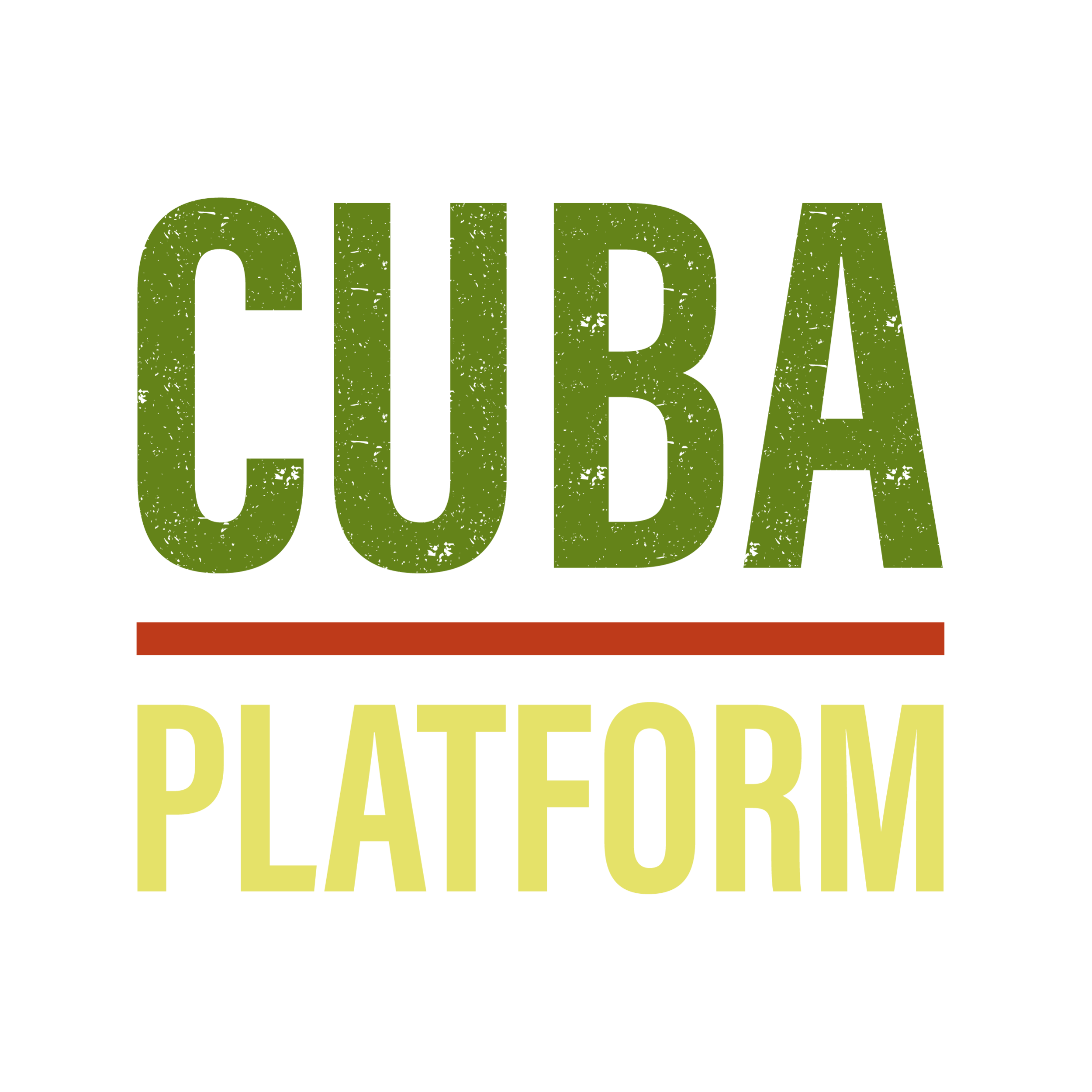Considering Vietnam and Cuba: Economic Growth, Social (In)Equalities, and Atlantic Fellows in Cuba
Based on an interview with Le Nhan Phuong condcuted by Mariakarla Nodarse
“To build socialism with success,” Vietnam’s Communist Party Secretary General Nguyen Phu Trong suggested during a March 2018 trip to Cuba “it is necessary to develop a market economy in an adequate and correct way.”
But what, exactly, does “adequate and correct” economic growth mean?
Vietnam and Cuba are among the last communist-run countries in the world, but their histories and present realities are distinct in many ways. While the former began to open its centralized economy in the 1980s, the latter did not follow suit until two decades later. Today, some people – including some Cuban citizens – look to the growth that has been achieved in Vietnam as a potential model for Cuba. However, leaders of the Equity Initiative of Southeast Asia believe that learning between the two countries must remain two-way, and that Vietnamese and other Southeast Asian Atlantic Fellows stand to learn from engaging with Cubans’ understanding of solidarity, equity, and social values.
Visible Changes in Cuba
Le Nhan Phuong first began traveling to Cuba while he was working as Population Health Programme Director for the Atlantic Philanthropies (2008-2012). While visiting Cuban health institutions, he also came to appreciate the beauty and people of Cuba, as well as their capacity for working with limited resources.
Nine years later, now Executive Director of the Equity Initiative of Southeast Asia, Phuong wanted to share this experience with the emerging leaders – Atlantic Fellows – enrolled in his program. With a week-long immersive program scheduled with the Cuba Platform for spring 2018, Phuong and his colleague Duong Hoang Quyen again traveled to Cuba to reconnect with the island.
Phuong describes being immediately struck by the changes brought on by the Cuban government’s economic experimentation: an increase in paladares (private restaurants) and higher prices for food and goods. He also noted the apparent challenges to spreading this new prosperity; many people he encountered were still living with very limited resources, and diet-related health challenges – such as obesity – appeared prevalent. Various people he met – from academics to entrepreneurs – described their eagerness for broader economic growth.
Common Challenges in Cuba and Vietnam
According to Phuong, when Vietnam and other Southeast Asian countries rushed to open their economies to the market, they failed to give full attention to the growing social inequities that this would lead to, such as disparities in access to healthcare, education, and income. Studying the Cuban experience, he believes, could be useful for reminding policy makers that equity requires a conscious effort on the part of the government – and that it cannot be left to the mechanisms of the market.
Phuong was surprised to converse with some Cubans who viewed Vietnam as a case of complete success. While it is true that the country has achieved remarkable growth over the last several decades, it also faces many serious challenges. For example, neonatal mortality rates and maternal mortality rates are two to three times as high among ethnic minorities as they are in the general population. As in China, the natural environment in his home country has too often been “sacrificed” in the name of economic development, which is now impacting the quality of life and livelihood options of the people. Moreover, the ongoing one-party system and the “gate-keeping” function of public officials has led to increased corruption and abuse within the government – causing some to fear increased political and social instability.
Opportunities for Mutual Learning
Phuong suggested that all of these are real dangers that would be interesting for his colleagues to discuss with Cuban counterparts, and for the fellows of his program to reflect upon.
In late May 2018, Phuong’s fellows arrived in Cuba for a chance to consider these questions for themselves. A week of presentations, reflections, discussions, and site visits were offered to fellows in order to stimulate thinking about core issues of health and social equity.
Fellows were immediately confronted by the realities of daily life in Cuba – limited internet connectivity and unpredictable weather (a tropical storm was passing the island). They learned of challenges Cuban residents face during storms (flooding, lack of transport, closed restaurant and food-provisioning facilities, etc.) – and also of the resilience that many people demonstrate in working through them. Highlights of the trip included a visit to an agroecological farm, discussions on strategies for confronting gender-based violence, and a trip to see models of community-based tourism in Viñales.
Now in their home countries, the fellows are left to build on these experiences to consider how they will work in their own contexts to build equity along with economic well-being.
Photographs by Riley MacLean and Annemie Tonken
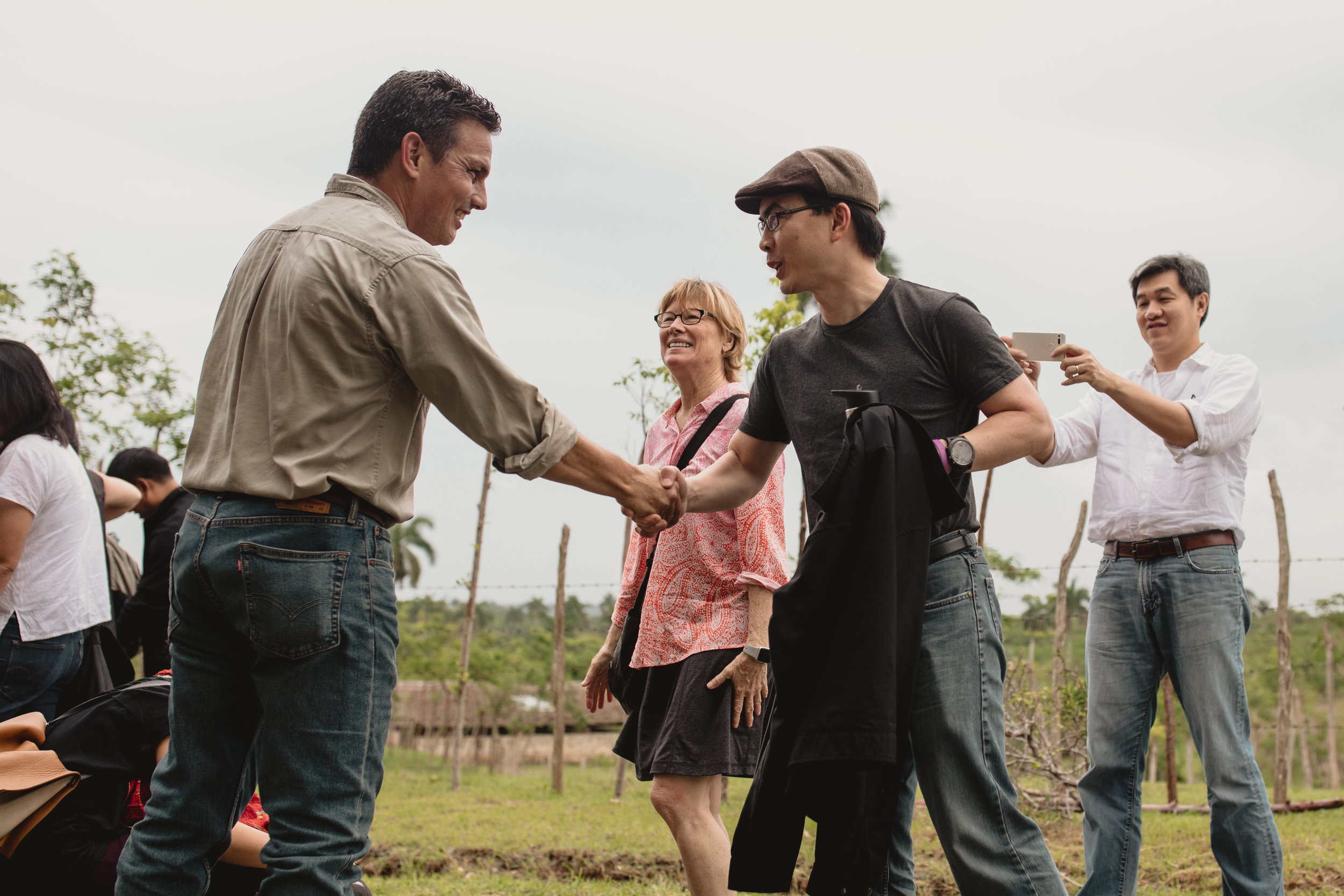
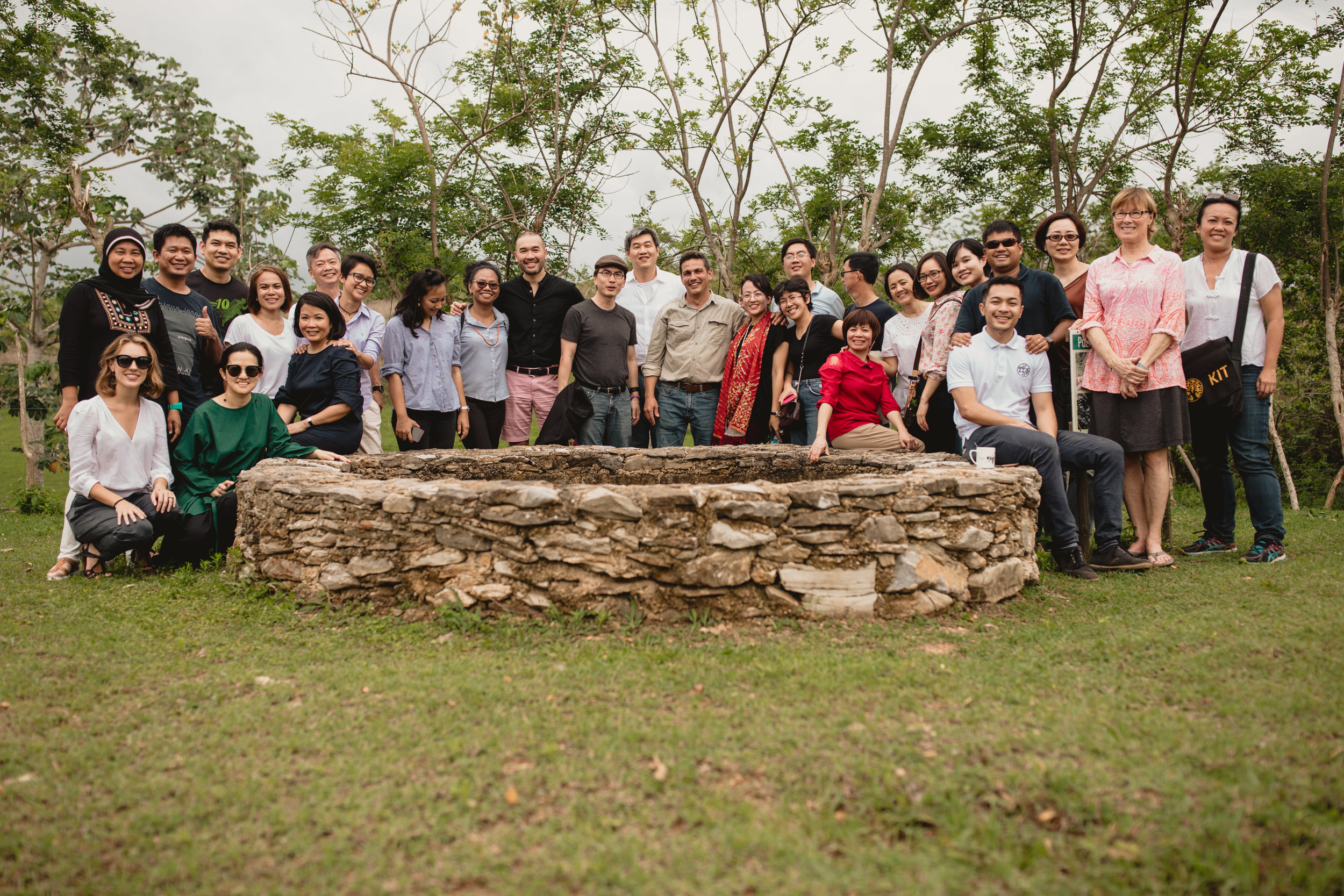
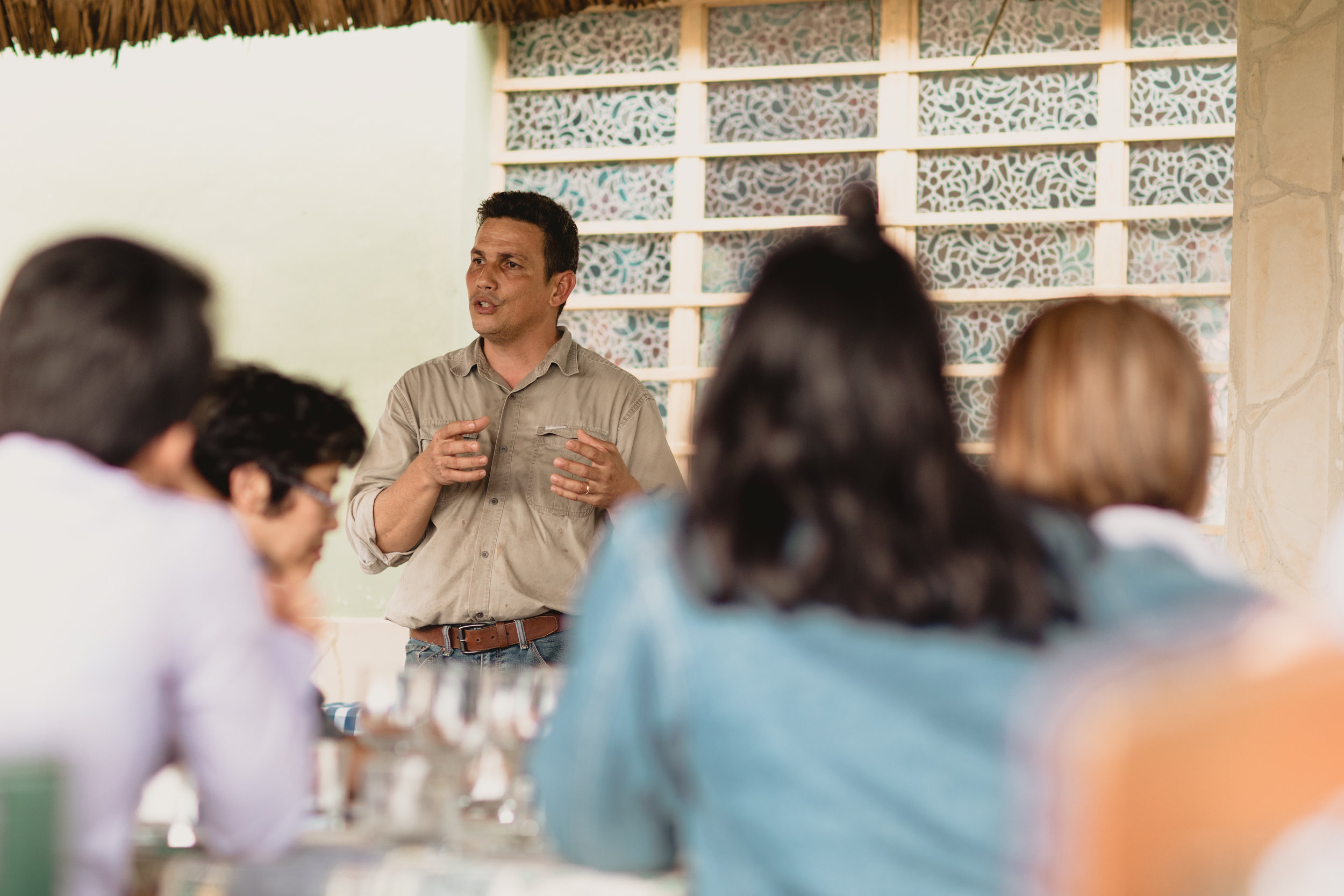
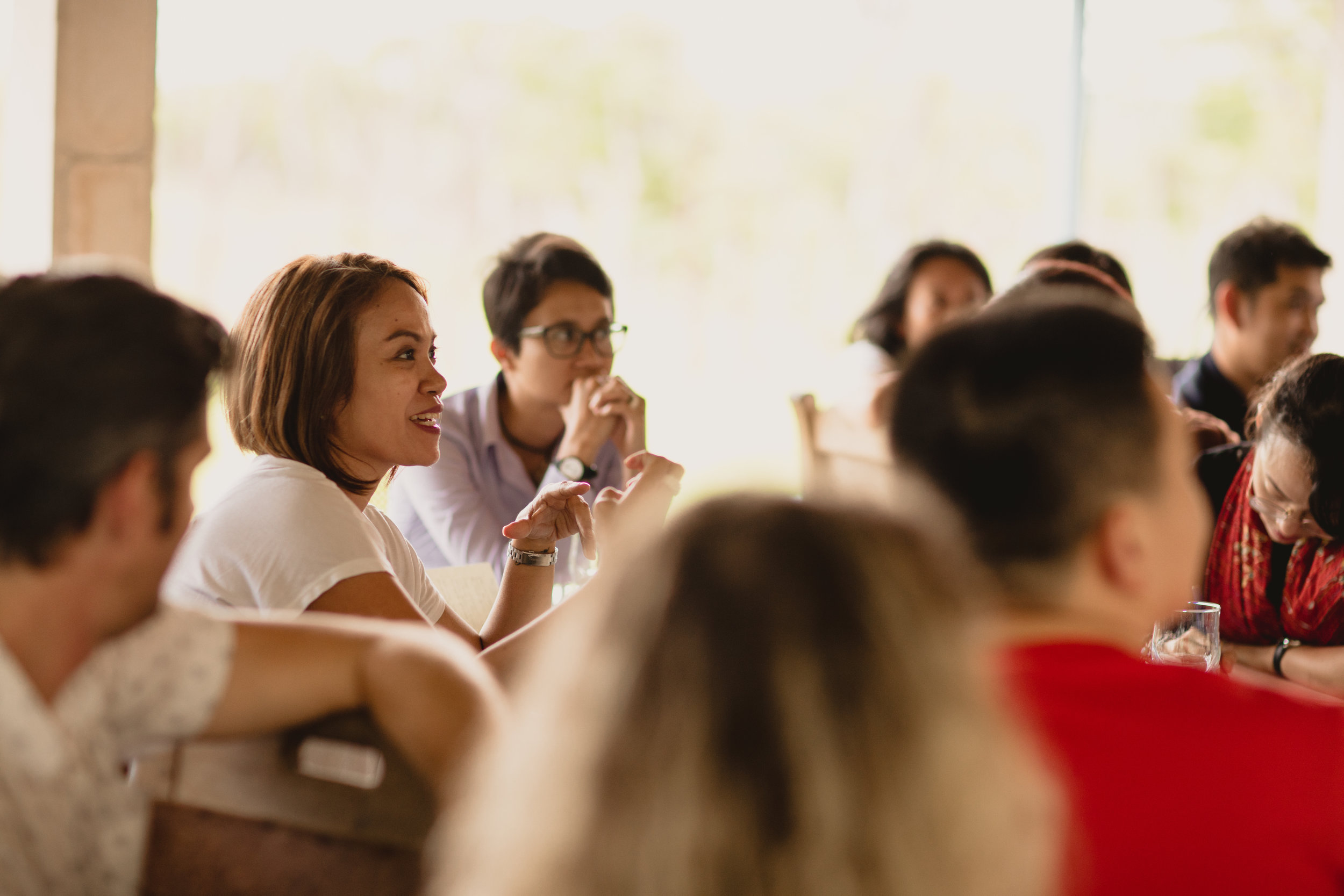
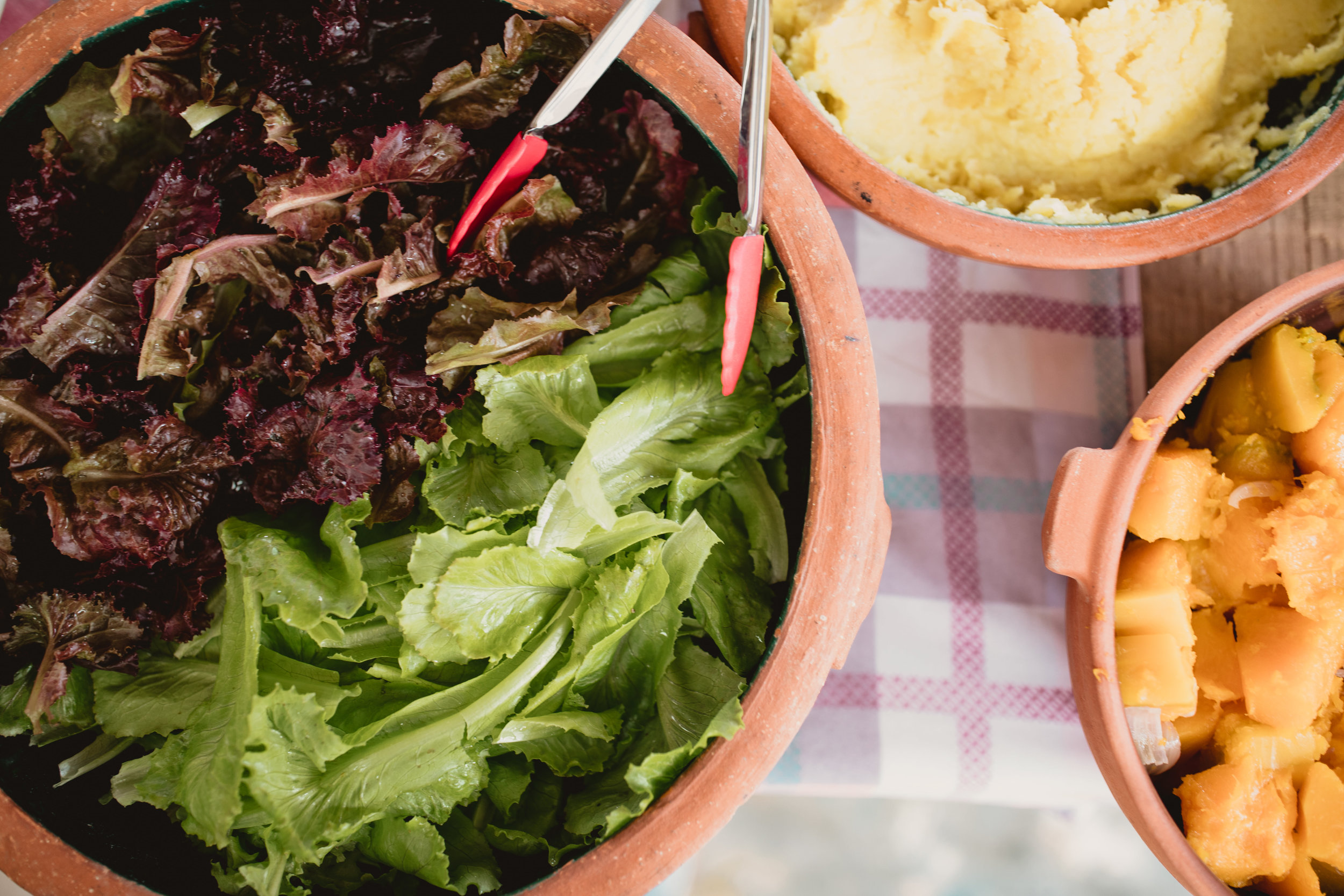
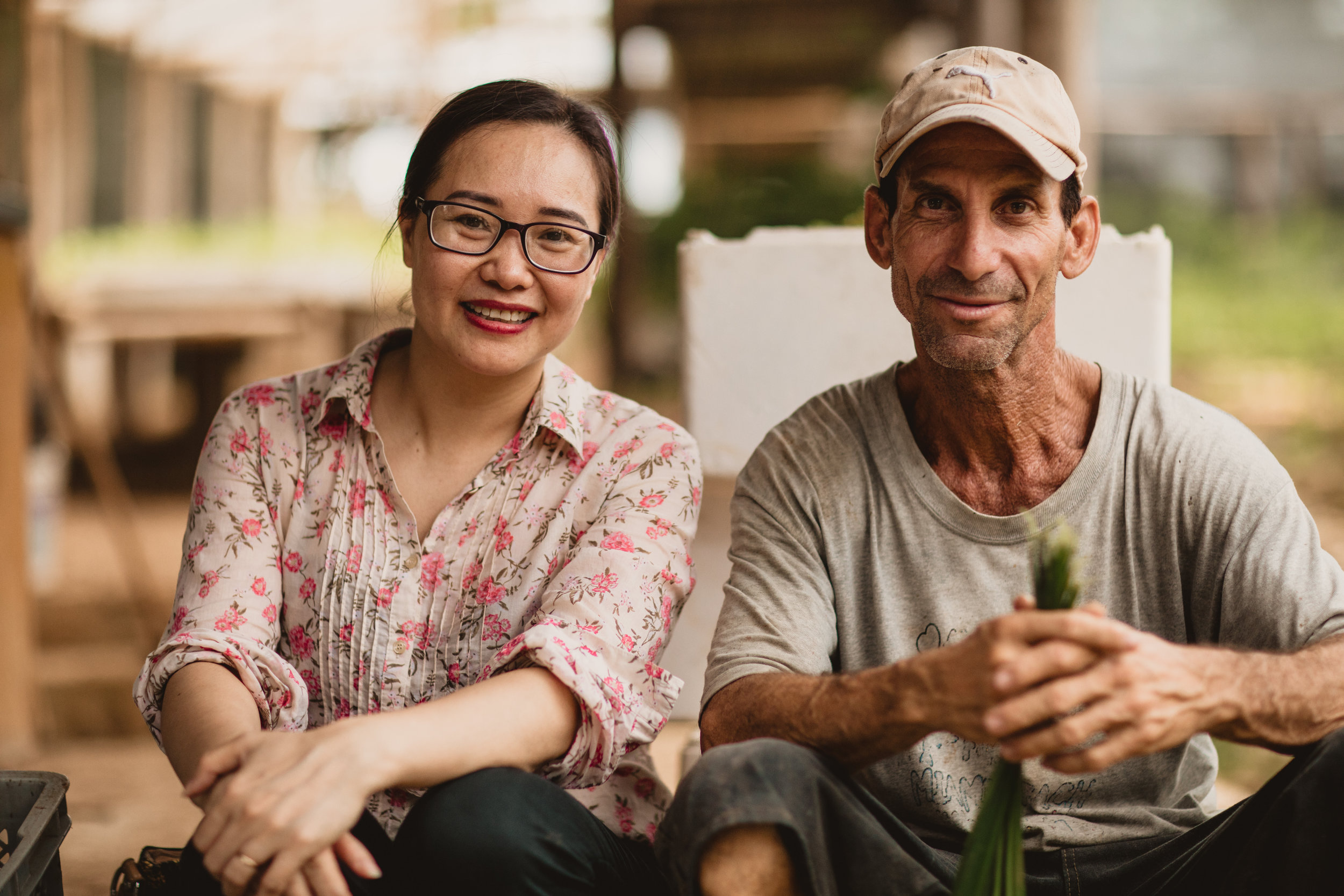
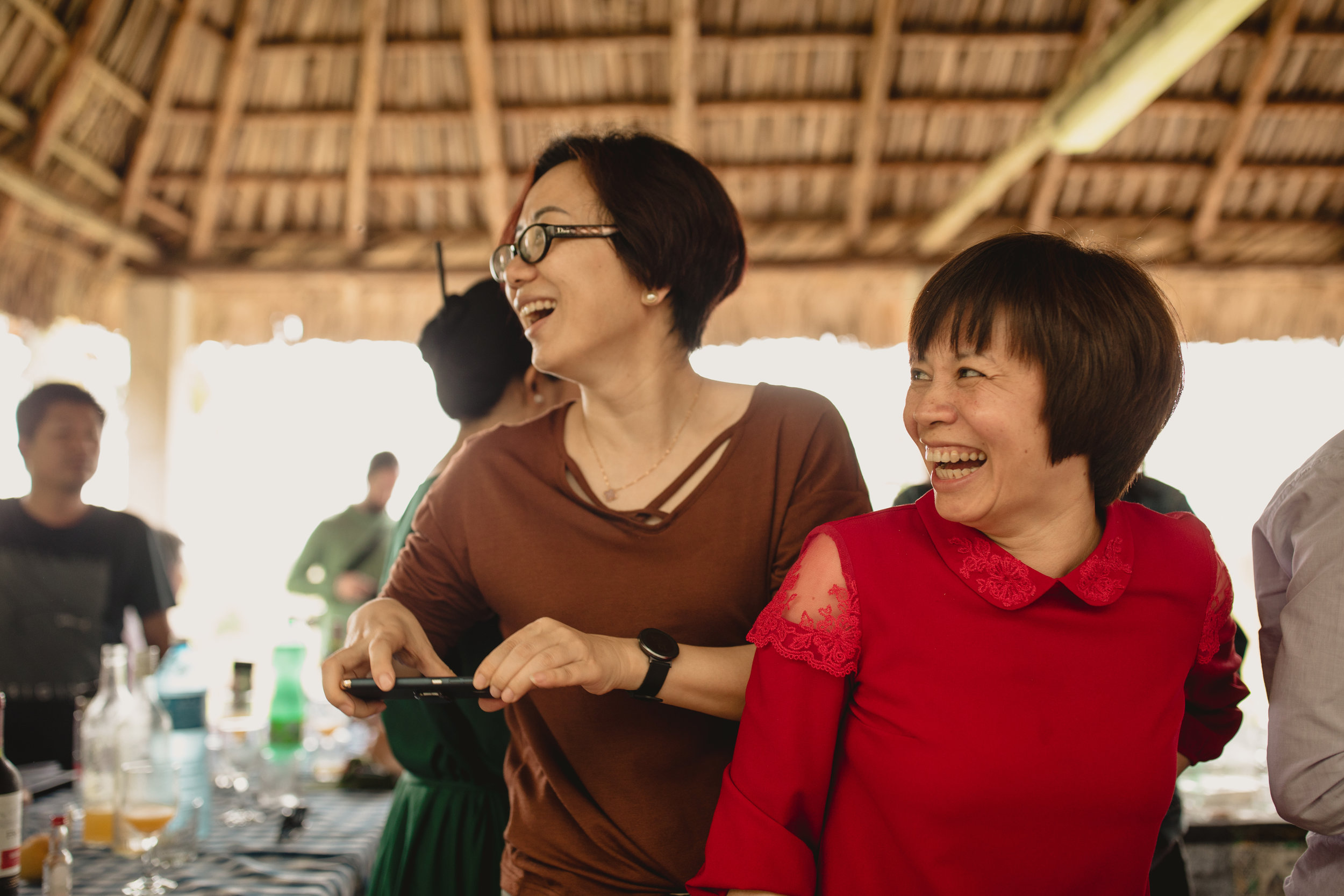
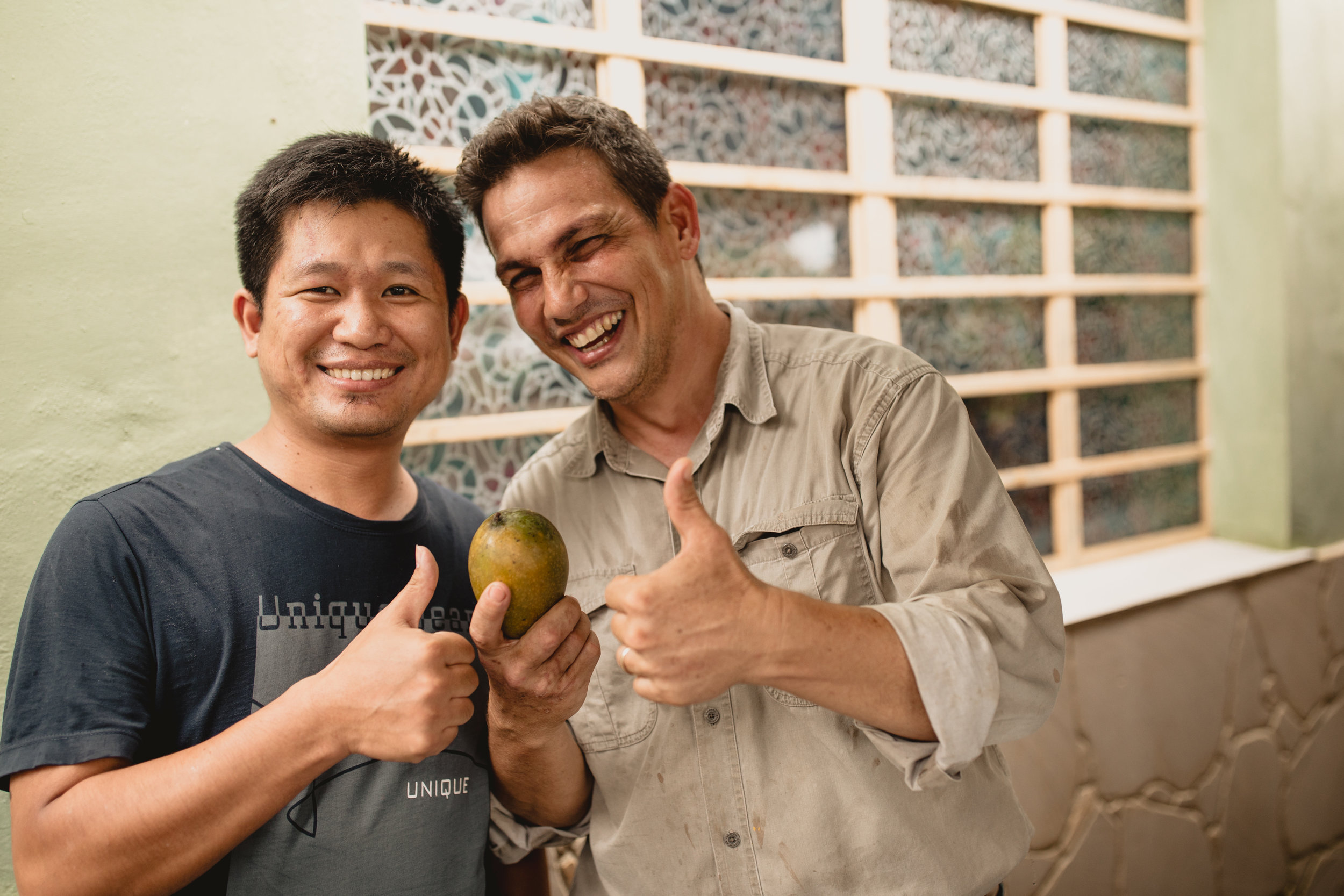
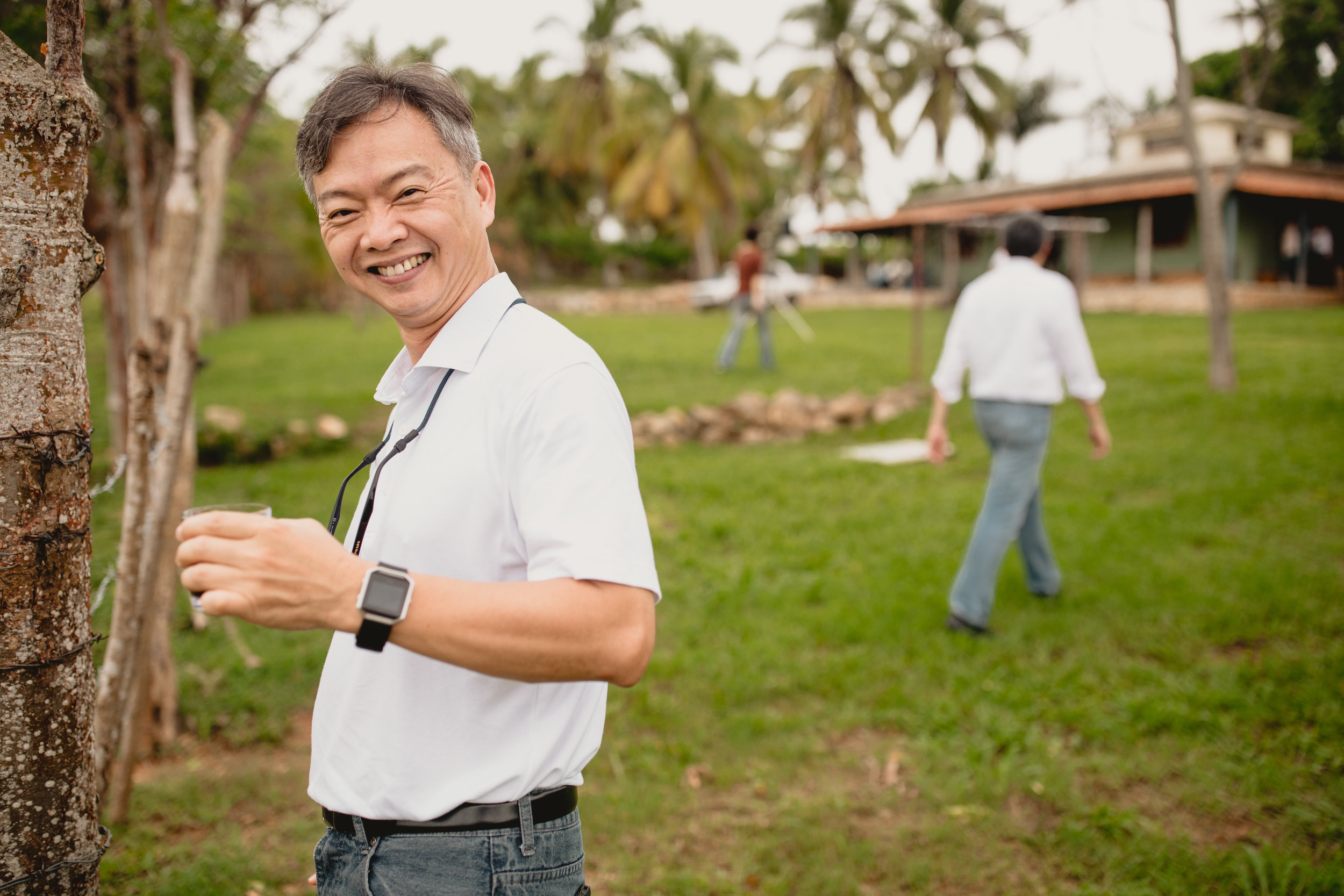
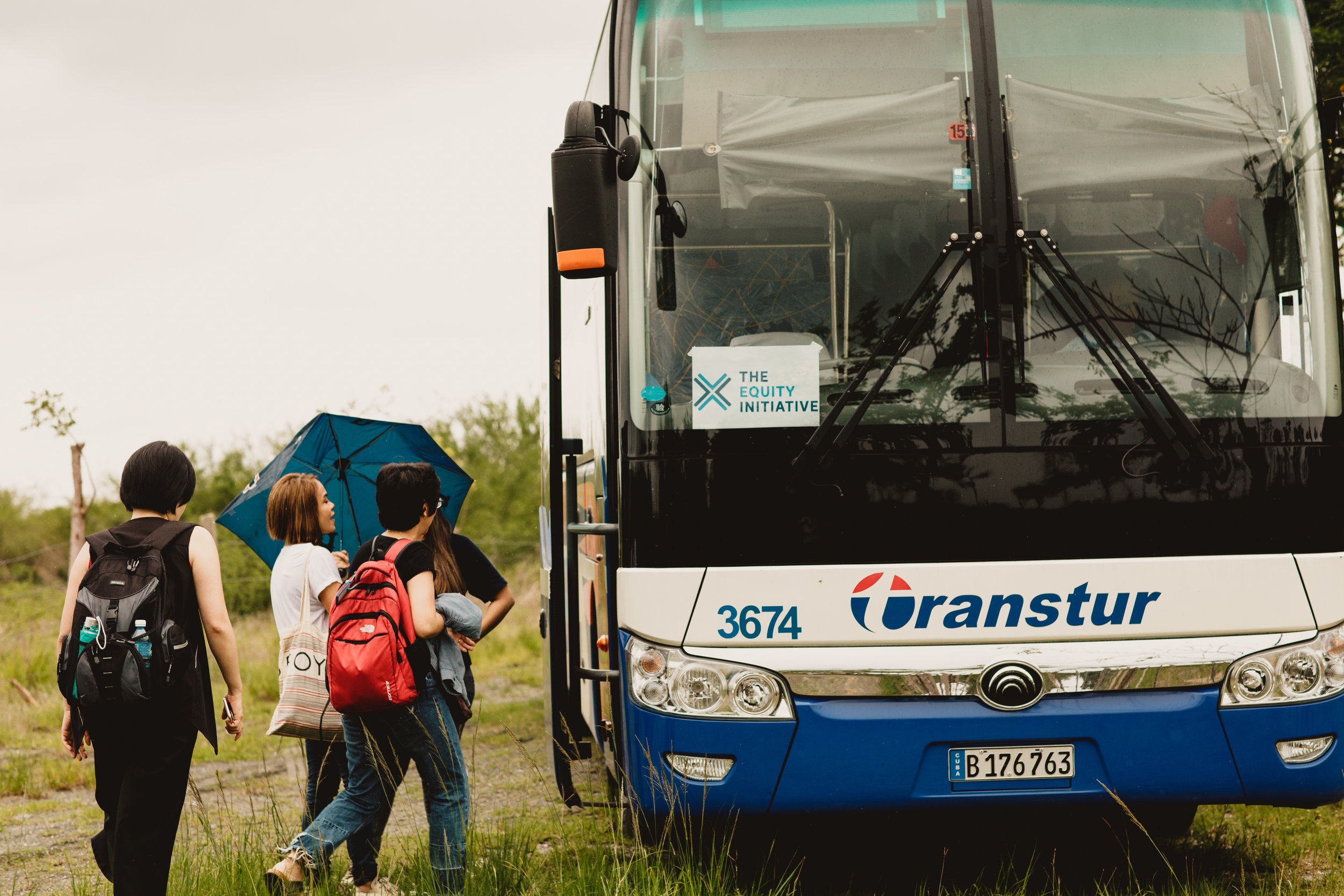
“Studying the Cuban experience could be useful for reminding policy makers that equity requires conscious effort on the part of the government”
